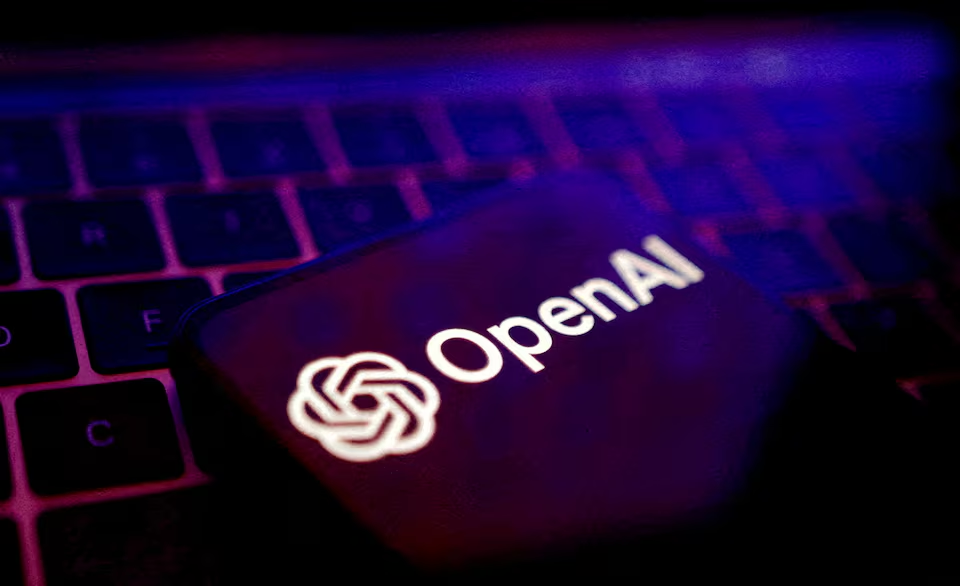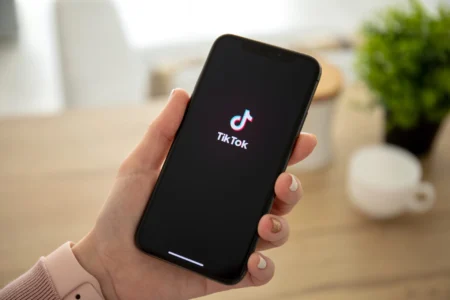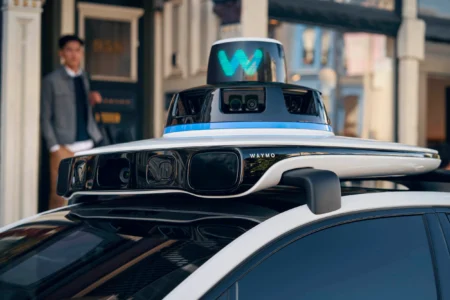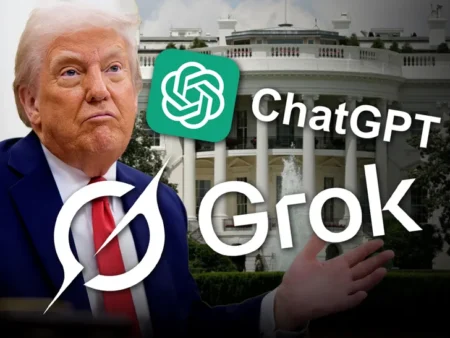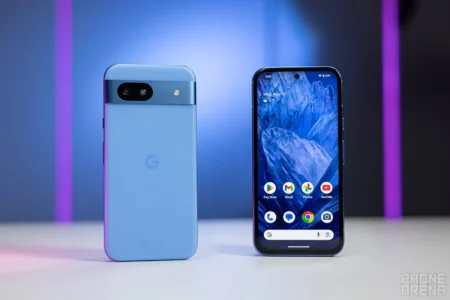NEW DELHI, – OpenAI is facing a major legal battle in India as it argues that Indian courts lack jurisdiction to hear lawsuits about its U.S.-based business. The case, brought by domestic news agency ANI over alleged copyright infringement, is shaping up to be a significant test for foreign tech firms operating in the country.
OpenAI’s Defense and ANI’s Allegations
India is OpenAI’s second-largest market, with millions of users. The company maintains that its AI models are built using publicly available data in compliance with fair use principles. However, ANI and other media groups, including those owned by billionaires Gautam Adani and Mukesh Ambani, claim OpenAI has misused copyright-protected content.
In legal filings, OpenAI has argued that its usage terms specify dispute resolution in San Francisco, that it does not maintain servers or data centers in India, and that Indian courts have no jurisdiction over its operations.
Legal Precedents and Opposition to OpenAI’s Argument
Legal experts in India argue that OpenAI’s defense is unlikely to succeed. Dharmendra Chatur, a partner at Poovayya & Co., noted that major tech firms like Google, X, and Facebook have all faced litigation in India despite operating through foreign entities. Courts typically determine jurisdiction based on whether a service is accessible and offers business within India.
A submission by court-appointed expert Arul George Scaria stated that “OpenAI is making their interactive services available to users in India,” reinforcing the claim that the Indian judiciary has jurisdiction over the case.
Potential Implications of the Case
If OpenAI prevails on the jurisdiction argument, it would not have to contest the copyright lawsuit in India. However, if it loses, the company could be forced to delete training data and pay $230,000 in damages.
The case is set for another hearing in February, with OpenAI’s jurisdictional challenge under scrutiny.
Comparisons to the Telegram Case and Global Copyright Challenges
OpenAI’s position is being compared to a 2022 case involving Telegram, where the company initially refused to disclose user data by citing its Dubai-based legal governance. However, an Indian court ruled that the territoriality of digital services had changed and ordered Telegram to provide the information.
OpenAI, in contrast, has referenced a 2009 Indian ruling stating that accessibility of a foreign website alone does not confer jurisdiction.
Growing Government Scrutiny of Big Tech
Although the Indian government is not directly involved in the lawsuit, past confrontations suggest potential tensions. In 2021, India’s IT minister criticized U.S. tech firms for asserting they were only governed by U.S. laws, stating such a stance was “plainly not acceptable.” The same year, Twitter resisted Indian government orders to remove content, leading to legal action still underway.
OpenAI Leadership to Visit India Amid Legal Tensions
Despite legal challenges, OpenAI continues to emphasize its commitment to India. CEO Sam Altman is set to visit on Feb. 5, accompanied by executives James Hairston and Srinivas Narayanan. OpenAI India executive Pragya Misra previously stated, “India is really important … we’ve seen massive uptake of ChatGPT.”
As the case unfolds, the outcome could set a precedent for how global AI companies navigate India’s legal landscape, potentially influencing broader international regulations on AI-generated content and copyright enforcement.




